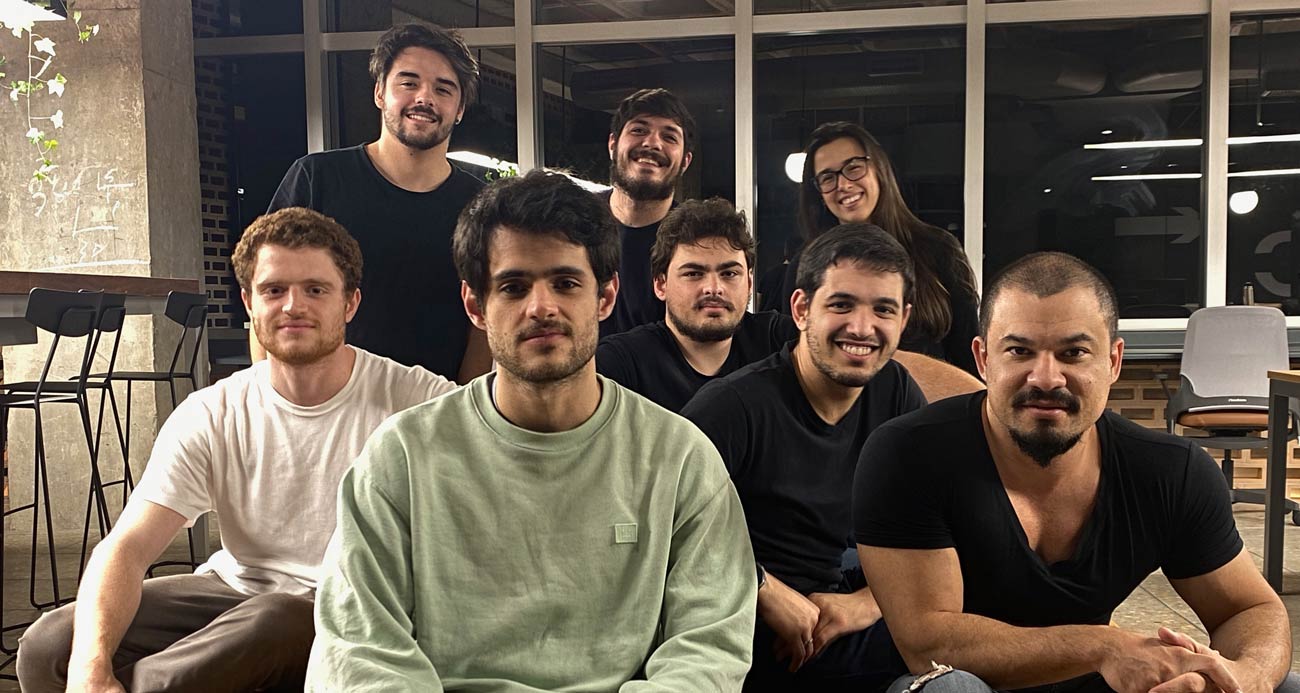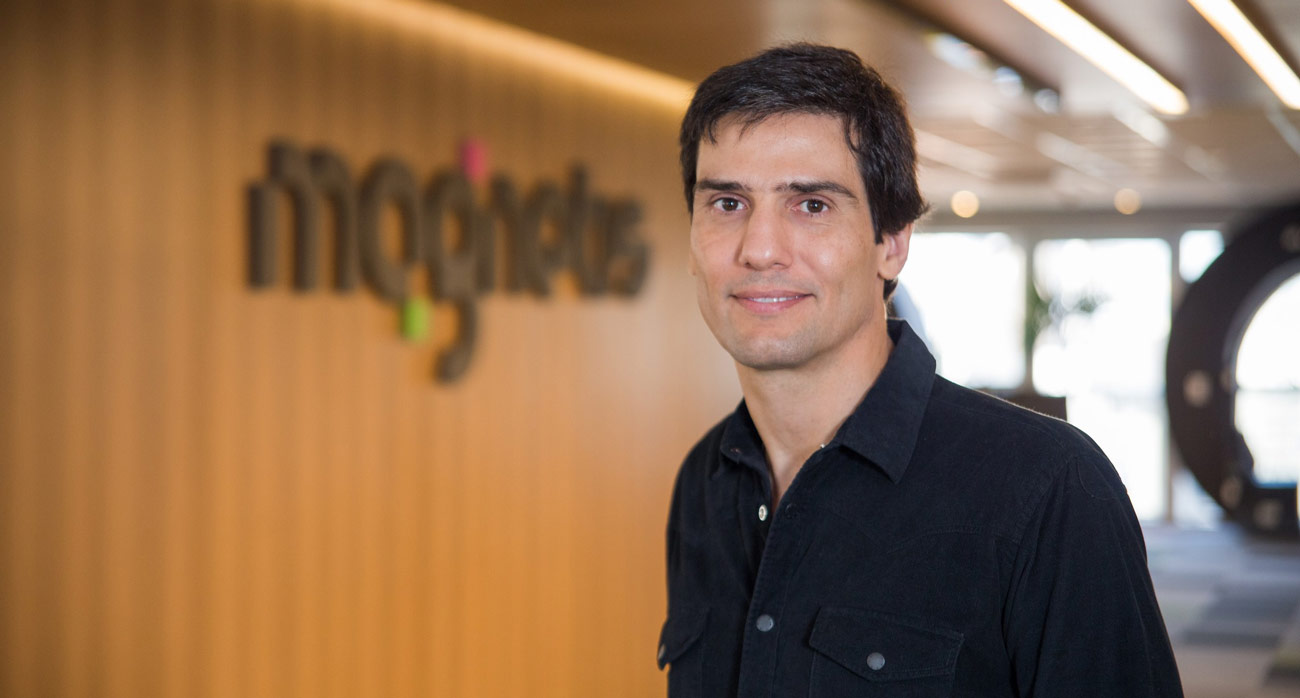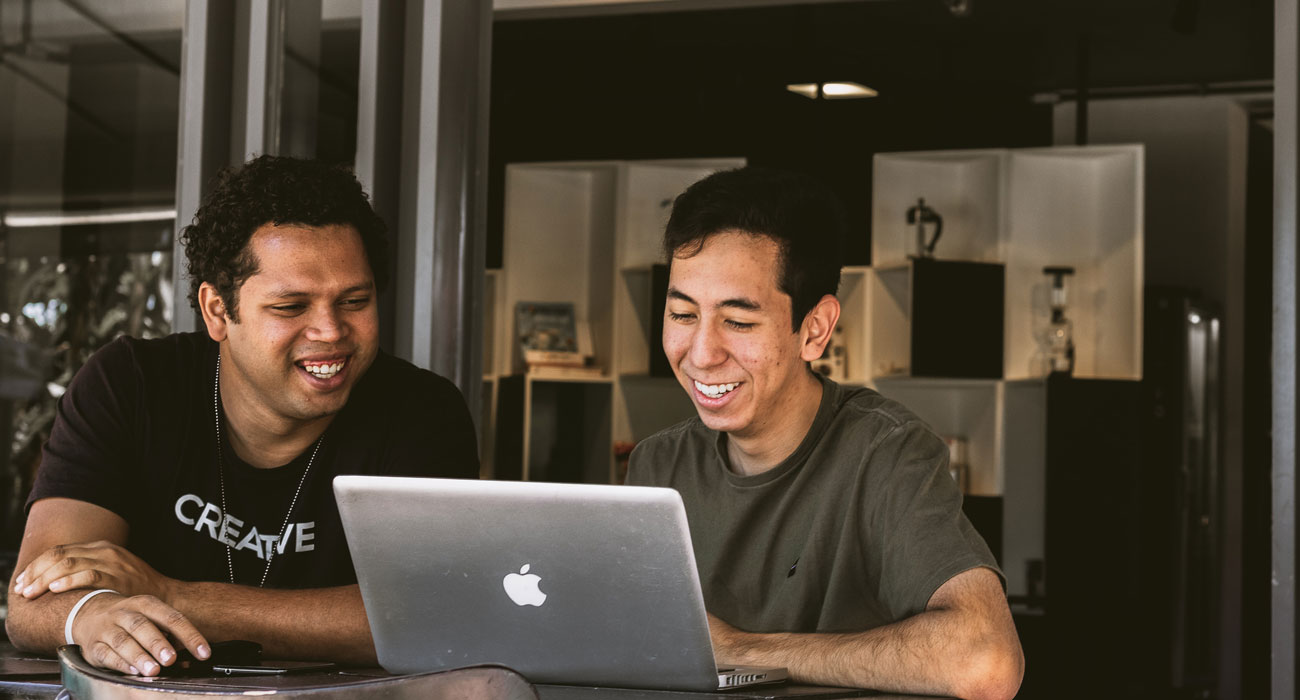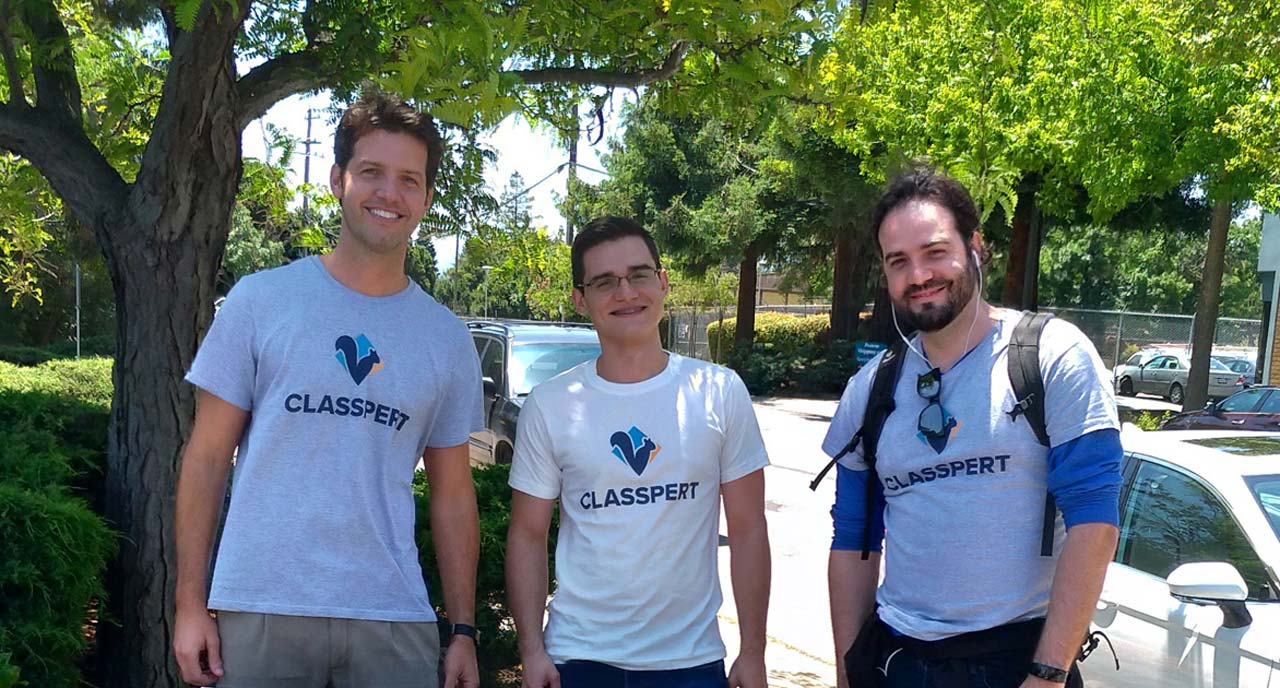Contxto – In Brazil, the ChatPay team is likely on cloud nine right now. Entrepreneurs Arthur Alvarenga, Breno Oliveira, Bernardo Reis, and Raphael Capelão officially founded their startup just this year.
Nonetheless, Y Combinator accepted ChatPay into its Summer 2020 batch and the startup broke even last month.
ChatPay and monetizing exclusivity
The future of marketing isn’t centered on offering great content but rather, through community-building. What’s more, Covid-19 has only intensified users’ needs to build meaningful connections through digital channels.
As a result, vendors and customers alike can appreciate “exclusive” groups to share tips, participate in fitness challenges, etc.
These are business opportunities Brazilian ChatPay has jumped on.
[wd_hustle id=”InArticleOptin” type=”embedded”/]
Through the startup, an entrepreneur or influencer can build a community surrounding their brand and products on commonly-used platforms like WhatsApp and Telegram.
The startup also offers a custom sales page and dashboard, as well as a complete payment system. Plus, as anyone who has ever managed a private group knows, managing members can be tedious and time-consuming. So ChatPay’s platform takes care of that too.
Eye on the prize, says Y Combinator
Arthur Alvarenga, CEO and co-Founder at ChatPay told Contxto that as exciting as startups may be to begin company-building through YC, adding “extreme value” to users is critical at an early stage.
“The accelerator had us shift our focus entirely on understanding what are the key factors that make our users successful and communicating that back to the ones that are just starting out,” said Alvarenga in written correspondence.
For ChatPay, that meant evaluating what tools they could offer users who have no idea how to use their solution and monetize via WhatsApp or Telegram.
With this in mind, the startup will use a part of the funding it raised through YC to invest in educating users. It also wants to improve its product with more communication tools for its users to connect with group members.
Furthermore, it has some growth plans ahead. Alvarenga said the startup is focusing on adapting its solution to be used outside of Brazil.
Lastly, to further market on exclusivity, ChatPay will launch another feature.
“[It’s] an area for paid users only where the community builders can post more deep and dense content capsules, the types that Telegram and WhatsApp groups are not the most appropriate to share on,” said the Executive.
“With this, a fitness coach running a 21-day weight loss challenge can have her daily motivational messages and Q&A inside the group but have her members follow the dietary plan and exercise videos on their private website.”
Essentially it’s more a VIP treatment for users while also representing an additional revenue stream for the startup.
Breaking even
Hosting a private group through ChatPay comes at no cost to the user, that’s the hook.
Albeit if the person makes a sale, the startup charges them a fee for around 11 percent. This approach is effective as Alvarenga told Contxto it broke even in June.
Even before the full-blown arrival of the coronavirus pandemic, 2020 had been a real game-changer for startups.
Companies that preferred aggressive growth took a step back to reevaluate their strategy. Meanwhile, enterprises that sought profitability from the beginning are faring rather well.
Within these circumstances, the fact that the eight-person team at ChatPay has already broken even within less than half a year of launching, speaks well of its business model.
Related articles: Tech and startups from Brazil!
-ML






